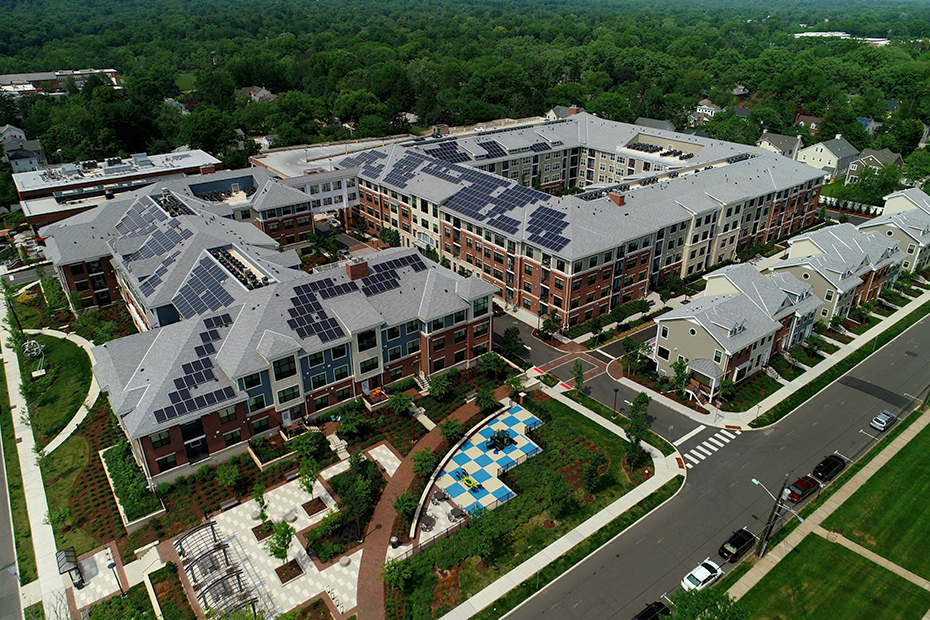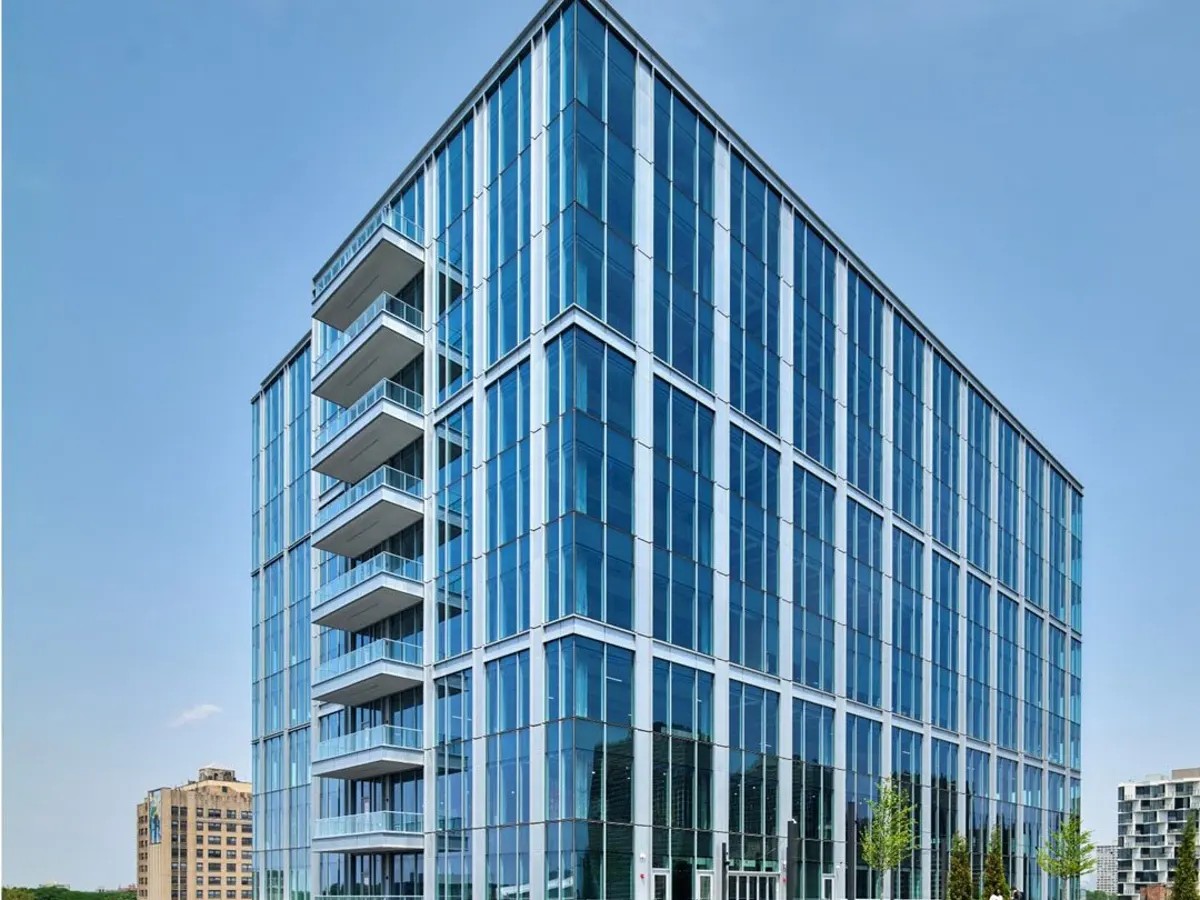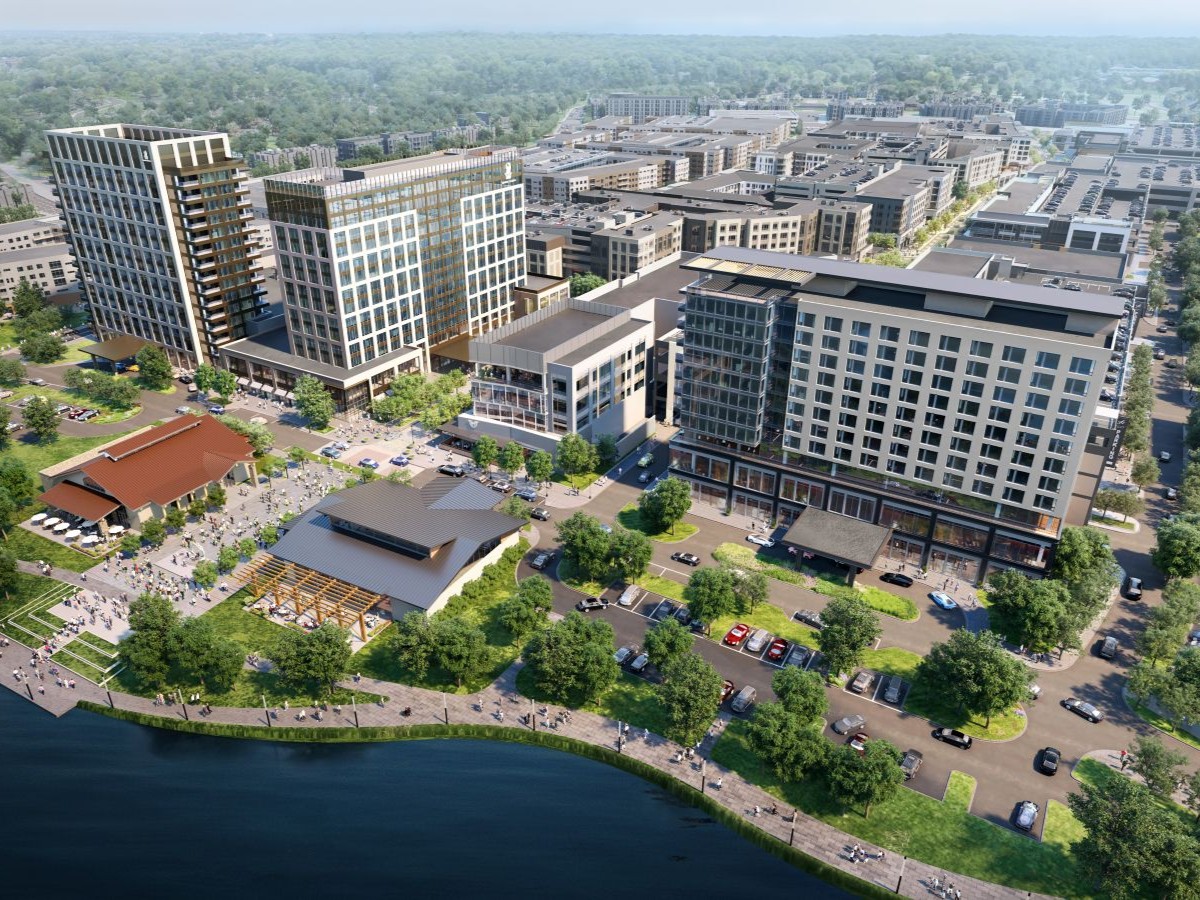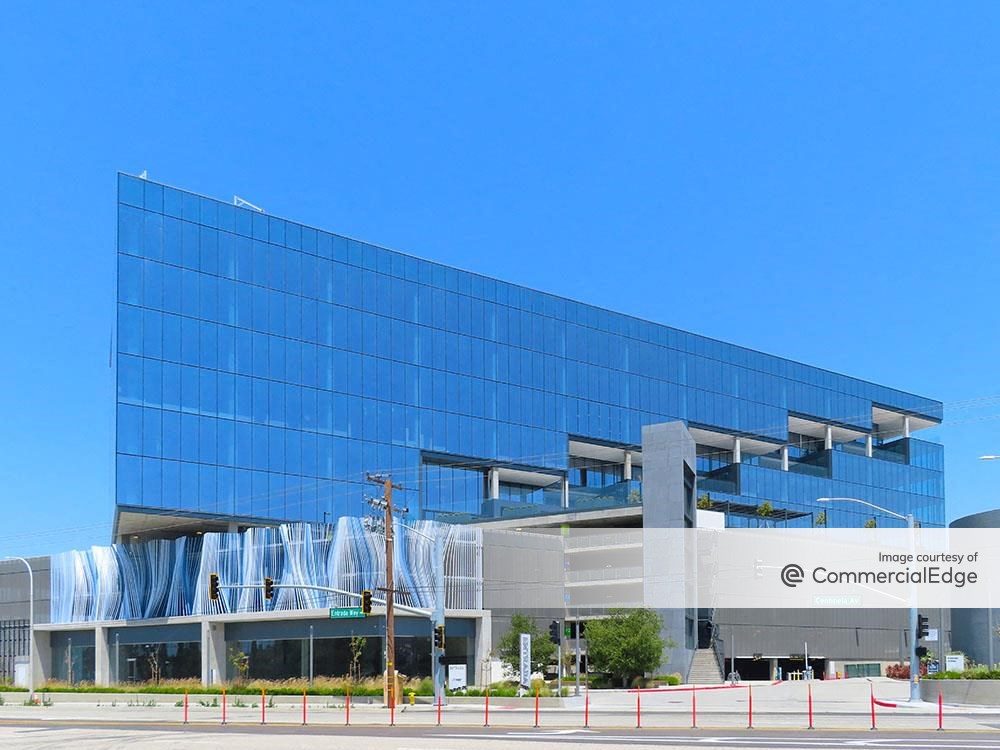REITs Ramp Up ESG Campaigns
A new report from Nareit shows that the sector is finding innovative ways to meet environmental, social and governance goals.
REITs are getting creative as they sharpen their focus on sustainability, taking aim at environmental, social and governance issues with solutions that range from rooftop organic gardens to sophisticated disclosure systems, according to a new report by Nareit.
The association’s second annual REIT Industry ESG Report finds that 84 of the top 100 REITs—representing 89 percent of the sector’s total equity market capitalization—publicly report on ESG issues, which Nareit defines as environmental stewardship, social responsibility, and good governance. That figure is up from 78 percent in 2018, as more than two-thirds of Nareit members surveyed say that investor demand for that reporting has continued to grow over the past year.
READ MORE: Giving Back to the Community
“This area is getting more important by the day, and our industry has been showing consistent progress,” Fulya Kocak, Nareit’s senior vice president of ESG issues, told Commercial Property Executive. “The more you report on it, the more you do.”
Community spirit
On social responsibility, for instance, member REITs showed a significant improvement in their rates of reporting and disclosure in 2019, Nareit found. Members focused on such areas as tenant engagement, community development, and diversity and inclusion initiatives, as well as health, safety and wellness programs.
AvalonBay Communities earned special mention for its social engagement program, called Building Strong Communities, which delivered $2.2 million in cash and in-kind donations and more than 14,000 volunteer hours to a panoply of charitable organization last year. Launched in 2015, the program focuses on affordable housing, disaster relief and support for at-risk populations.
“The investment in the social and philanthropy side is designed fundamentally to ensure that we’re not only acting within the four walls of our buildings, but extending to the communities beyond,” said Mark Delisi, AvalonBay’s vice president of corporate responsibility and energy management.
The program features a multi-year, nationwide partnership with the American Red Cross, along with a series of local partnerships tailored to the needs of each market. “The Red Cross fits well because we have about 148,500 people that live with us, and disasters large and small that hit them—everything from a small flood in an apartment to a larger thing like Hurricane Sandy or the California wildfires,” Delisi said.
AvalonBay, which owns or has an interest in 297 communities with a total of 86,846 apartment homes, delivered the donations and volunteer hours to more than 260 charities last year. “There’s a lot of expertise sharing that goes on, in addition to the traditional going out and chopping lettuce, painting fence posts and cleaning up overgrown bushes,” Delisi added.
The REIT’s efforts are in keeping with those of others canvassed by Nareit, which observed that its members are increasingly focused on building partnerships with vendors, service providers, education nonprofits and other organizations to further their social goals. In one variation on that theme, last year Prologis expanded its Community Workforce Initiative program, which began in Los Angeles through a partnership with EXP, a nonprofit specializing in workforce development.
The program aims to provide skilled labor to the logistics industry through foundational education and technical skills training. More than 920 individuals have completed the program or are currently enrolled.
Boosting Disclosures

Rendering of the Farley Building in New York City, which Vornado Realty Trust and its partners are redeveloping into a creative office hub with retail space and a new train hall. Rendering courtesy of Vornado
Some of the most important and innovative ESG work, however, is being done behind the scenes, in the prosaic realm of building operations and filing procedures. Vornado Realty Trust, for example, took the novel approach of furnishing its 2019 ESG Report to the U.S. Securities and Exchange Commission via an 8-K filing, a form that is used to announce major events that shareholders should know about.
The company’s ESG disclosures are aligned with the real estate-specific metrics codified by the Sustainability Accounting Standards Board (SASB), which recommends filing the metrics with the SEC via a 10-K report. But this practice, Vornado found, created a timing challenge.
“Vornado’s 10-K is filed with the SEC in February,” said Daniel Egan, senior vice president of energy and sustainability at the REIT, which operates nearly 30 million square feet of prime office properties. “The data for ESG is often not readily available by February.” Energy consumption data, for instance, which makes up a large part of ESG reporting, is not available until utility bills for the previous year come in, which might not be until February or March.
“We determined that an alternative would be to file an 8-K with the ESG Report as an exhibit. So our ESG Report, which contains all of the relevant data, including our SASB disclosures, comes out the first week of April, on the same day as our Chairman’s Letter and our corporate annual report,” Egan said.
“By furnishing the information in our ESG Report to the SEC, it sends a message to shareholders that an item of significance has occurred.”
Consumption Curbs
The reporting system underscores Vornado’s achievements as the nation’s largest owner of LEED-certified property. The REIT’s tenant- and landlord-focused energy management strategy has resulted in a 24 percent reduction of energy use across the portfolio since 2009, with a commitment in place to further shrink that number to 50 percent by 2020.
The vertically integrated REIT pays its own utility bills and manages its own energy. The vast majority of tenants are submetered off of its property’s main utility fees, so Vornado has access to consumption data for the entire building.
“We are in communication with our tenants as frequently as possible to discuss broader ESG issues but very specifically their energy footprint, and what could be done within the design or operations of their space to improve efficiency,” said Egan.
Vornado has been investing in energy efficiency for the better part of a decade, and its strategy includes updating and retrofitting older buildings to make them competitive with newer properties.
Environmental sustainability is a growing concern for the publicly traded REIT sector, which accounts for nearly $2 trillion in gross real estate assets. According to Nareit, 51 percent of the top 100 REITs with environmental performance disclosure reported on carbon emissions and energy usage in 2019, while 47 percent disclosed water usage and 39 percent disclosed waste management. Those figures represent year-over-year increases in all three categories.









You must be logged in to post a comment.